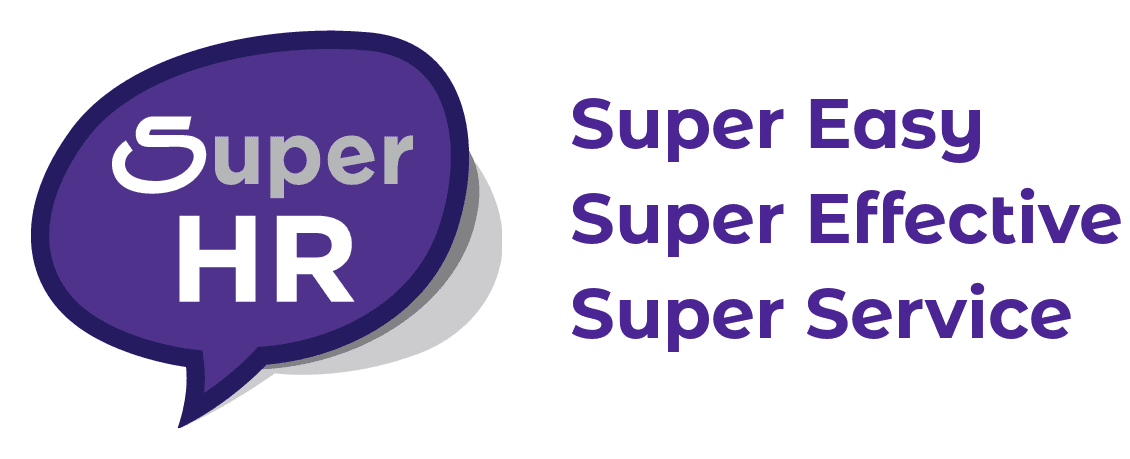Understanding BC's Employment Standards Act: A Simple Guide (Updated 2025)
Running a business in British Columbia means following certain rules about how you treat your employees. These rules are set by the Employment Standards Act (ESA). Think of the ESA as the "fairness rulebook" for work in BC. Why is it important? Because happy and fairly treated employees are more productive, and compliance protects your business!
Who Does This Rulebook Apply To?
Pretty much everyone! Whether you have full-time, part-time, or temporary staff, the ESA covers them. It doesn't matter if they're new or have been with you for years.
New in 2025: Gig workers (people who find work through online platforms) are now clearly classified as employees, not independent contractors. This means they get the same basic rights as other employees.
Key Things You Need to Know
Let's break down the most important parts of the ESA, including recent updates.
1. Working Hours and Overtime
Regular Hours: Usually, a standard workday is 8 hours, and a work week is 40 hours.
Minimum Pay if Called In: If you ask an employee to come to work, you must pay them for at least 2 hours, even if you send them home sooner.
Overtime Pay: If an employee works more than 8 hours in a day, they get paid extra (1.5 times their regular pay) for the first 4 hours of overtime. If they work over 12 hours, they get double time! The same goes for working over 40 hours in a week.
Breaks: Employees who work 5 hours straight must get a 30-minute unpaid break. They also need a 32-hour break each week.
2. Minimum Wage
The Bottom Line: As of June 1, 2025, the minimum wage in BC is $17.85 per hour. You cannot pay your employees less than this amount.
Everyone's Included: Minimum wage applies whether you pay hourly, salary, or commission.
3. Vacation Time and Pay
Time Off to Recharge: Most employees get two weeks of vacation after working for you for a year. After five years, it goes up to three weeks.
Vacation Pay: You must pay them at least 4% of their total wages for the first five years, then 6% after that.
4. Paydays and Records
How Often? Pay your employees at least twice a month, and within eight days of the end of the pay period.
Pay Statements: Give them a written statement showing their hours, wage, deductions, and how their pay was calculated.
New in 2025: Keep payroll records for four years after they're created.
5. Statutory Holidays (aka "Stat Holidays")
Days Off: BC now recognizes 11 statutory holidays.
Who Gets Paid? Most employees get these days off with pay if they've worked for you for at least 30 days and worked or earned wages on 15 of the 30 days before the holiday.
Working on a Stat Holiday: If an employee works on a stat holiday, they must receive premium pay (usually 1.5 times their regular wage) and an alternate day off with pay.
6. Hiring Young People
Minimum Age: The general minimum age to work in BC is now 16 (increased from 12).
Younger Workers (14-15): They can do "light work" with written permission from a parent or guardian.
What's "Light Work?" Things like sorting, packaging, dishwashing, or yard work (as long as it's not harmful).
Important! There are restrictions on the types of jobs young people can do. Hazardous work is off-limits for those under 18.
7. Leaves of Absence
The BC Employment Standards Act provides several job-protected leaves for employees:
Maternity and Parental Leave: Up to 17 weeks of maternity leave, plus additional parental leave.
Family Responsibility Leave: Up to 5 days of unpaid leave per year.
Compassionate Care Leave: Up to 27 weeks of unpaid leave within a year.
Sick Leave: 5 paid sick days and 3 unpaid sick days per calendar year.
Other Protected Leaves: Including bereavement leave, domestic or sexual violence leave, and jury duty leave.
8. Termination of Employment
Giving Notice: The amount of notice or pay in lieu depends on how long the employee has worked for you.
"Just Cause" Termination: No notice required, but should be handled carefully.
Temporary Layoff: Limited to 13 weeks in a 20-week period unless otherwise agreed.
9. Workplace Harassment Prevention
Employers must have a written workplace harassment prevention policy under the Workers Compensation Act.
This policy should address bullying, harassment, and violence in the workplace.
Key requirements include:
A clear policy statement
Procedures for reporting and handling complaints
Worker training on recognizing and responding to incidents
Annual policy review and updates
10. New Requirements for Employers
Pay Transparency: Starting in 2025, companies will need to publish reports on pay gaps. The deadline depends on your company's size.
Canadian Experience Prohibition: From July 1, 2025, employers cannot require "Canadian experience" in job postings.
Where to Go for Help
If you have questions about employment standards:
Contact the Employment Standards Branch at:
Phone: 1-833-236-3700
Website: BC Employment Standards Branch
Need More Help?
This guide simplifies BC's ESA rules but doesn't cover everything! If you're unsure about specific situations, give us a shout! Contact us directly at hello@superhrcanada.com or (604) 283-3503, or book a complimentary meeting with us below. We're here to help you build a strong HR foundation and navigate the complexities of employment law with confidence.


